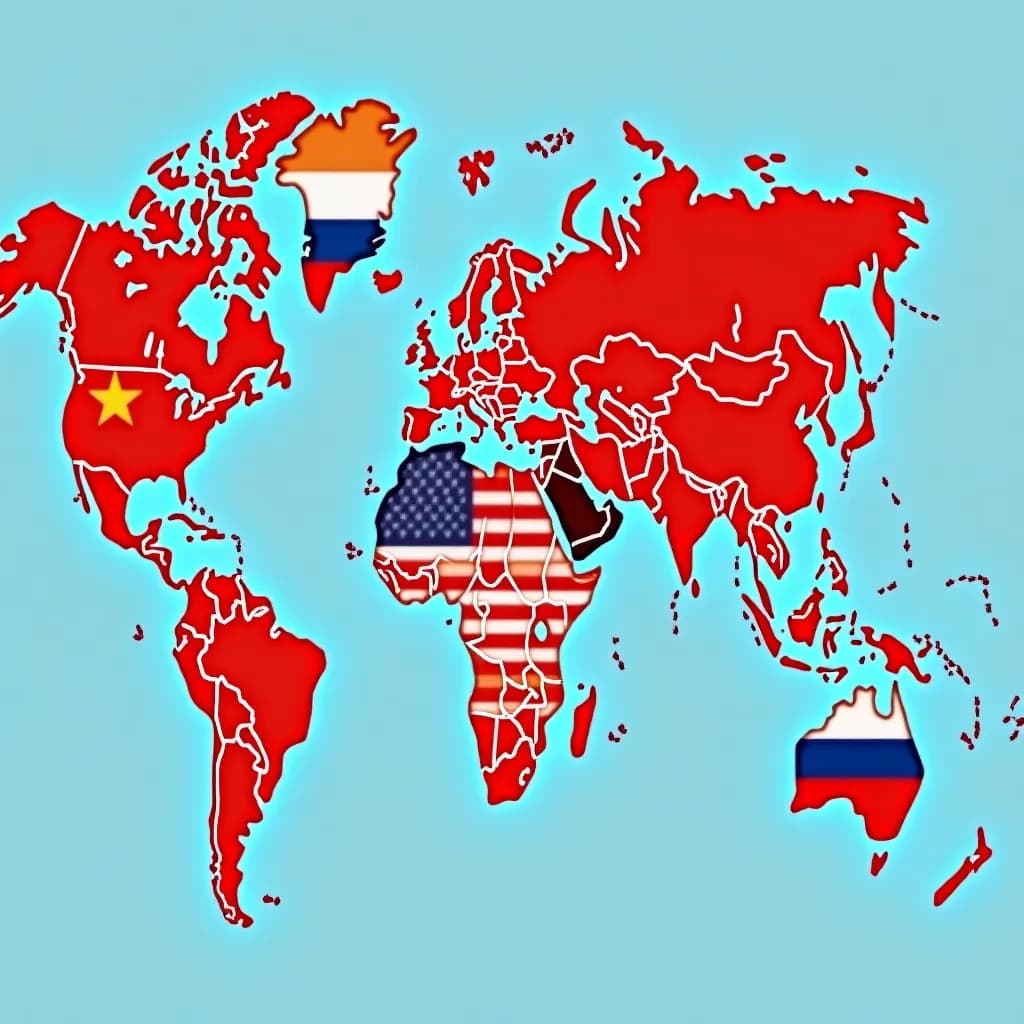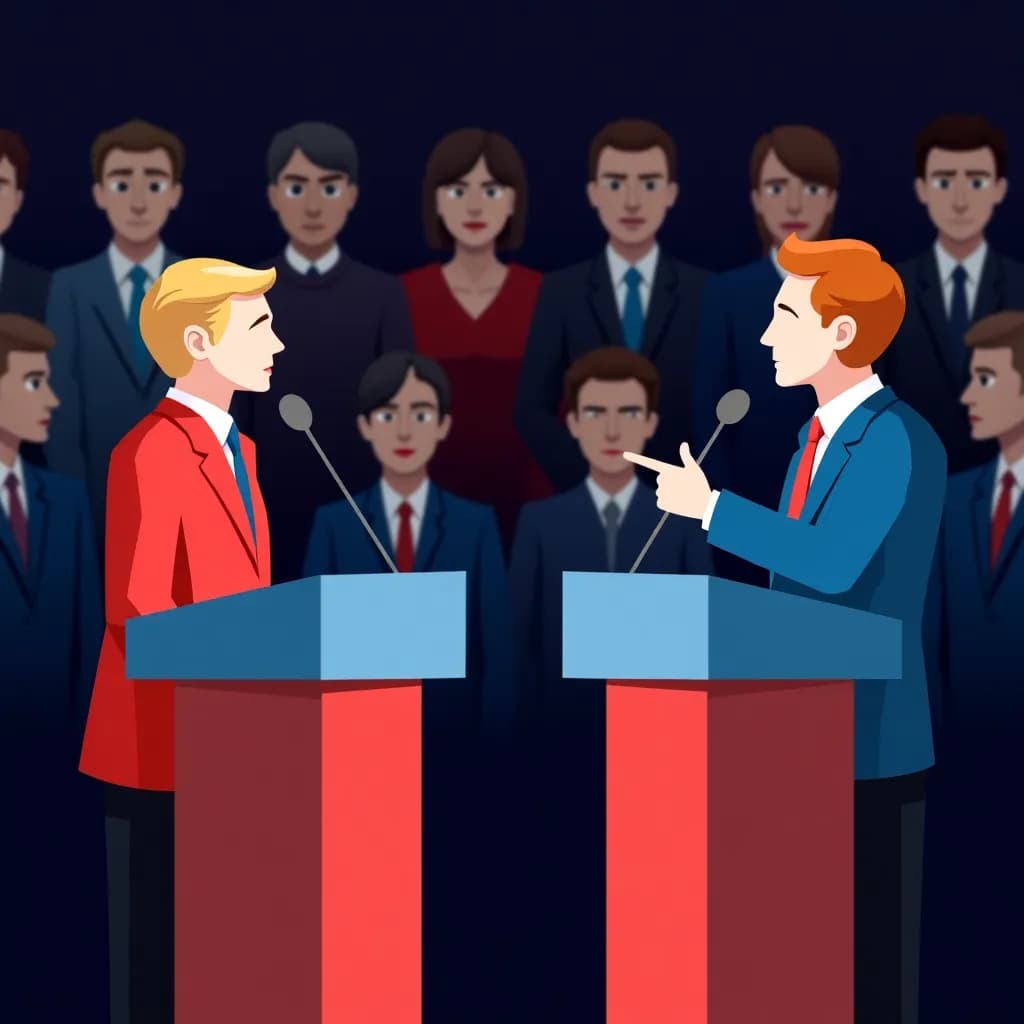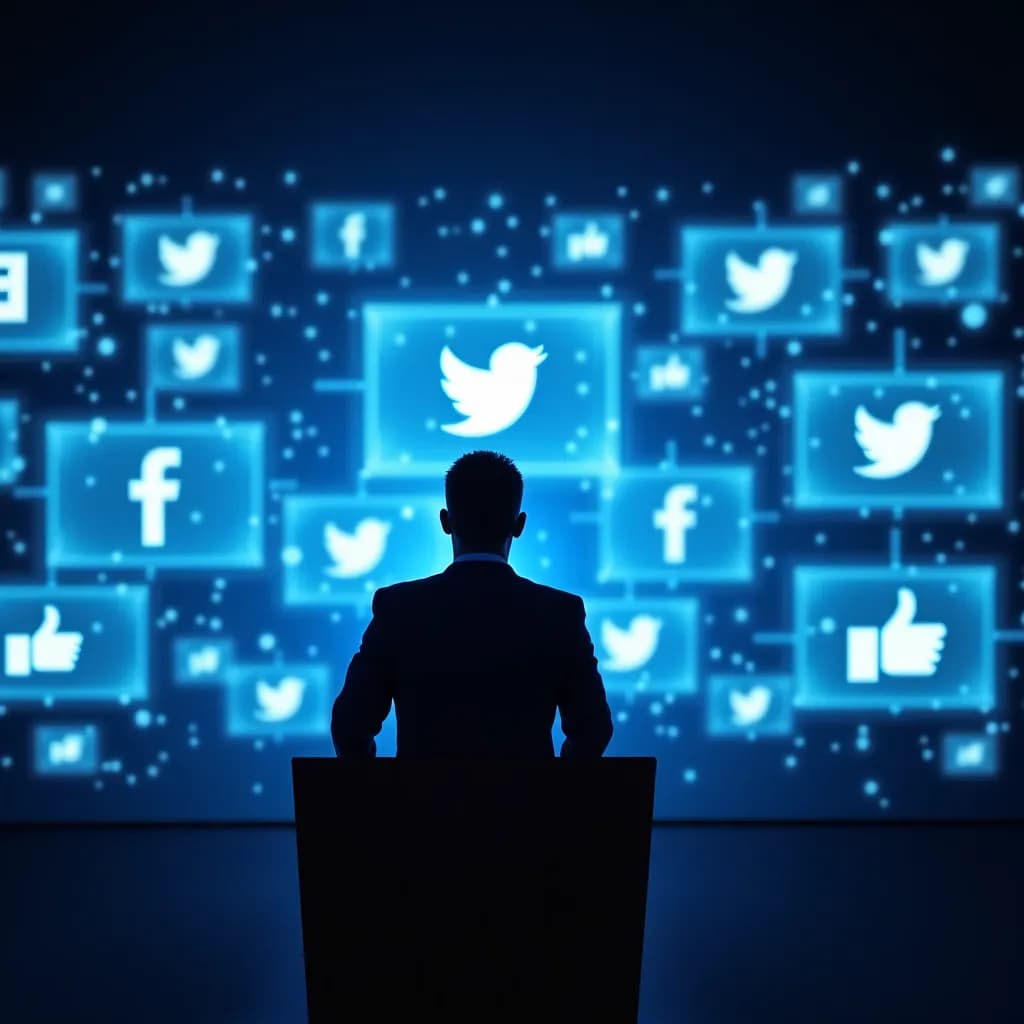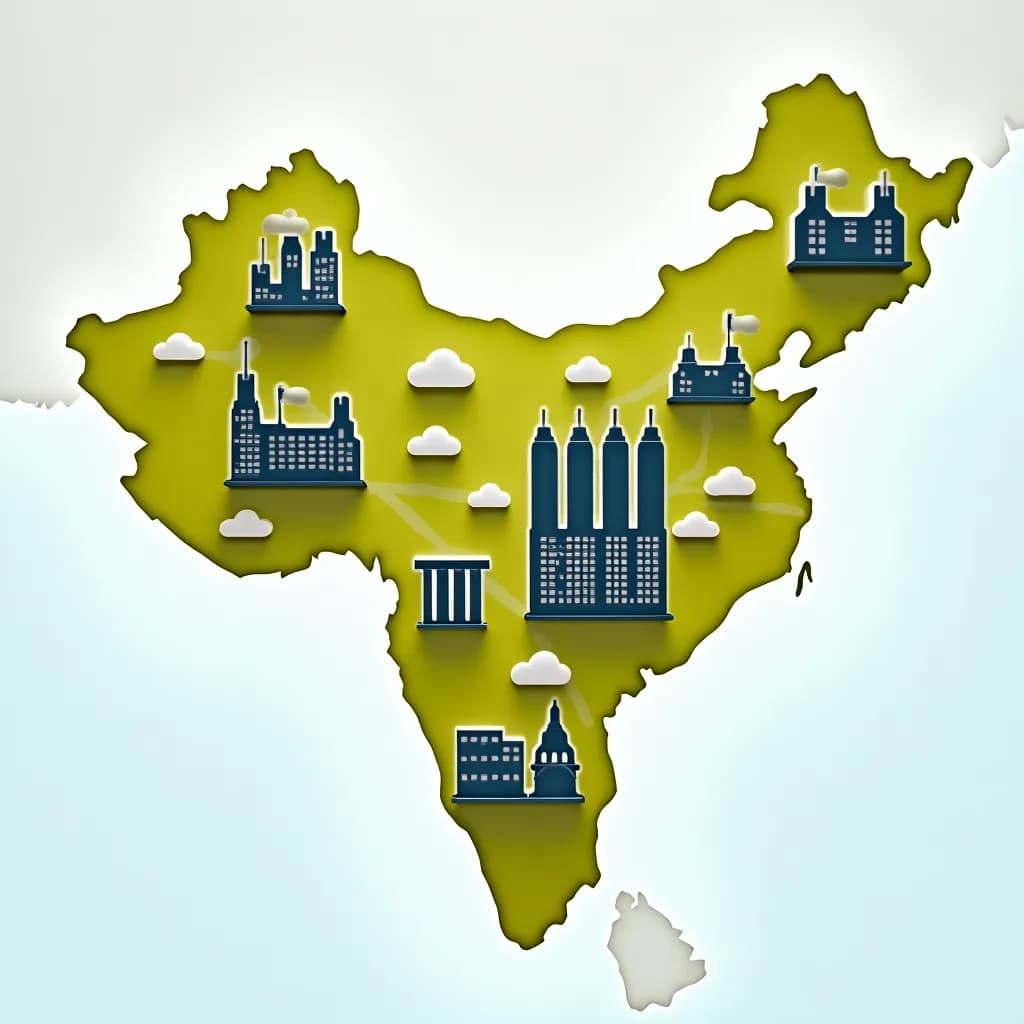The Impact of Social Media on Modern Political Campaigns: A Double-Edged Sword
In an era where information flows at unprecedented speeds, social media has become a pivotal battleground in political campaigns. The influence of platforms like Twitter, Facebook, and Instagram on modern politics is undeniable, shaping not only the strategies of political candidates but also the perceptions and behaviors of voters. However, while social media offers unique advantages, it also presents significant challenges that can impact the democratic process.
The Rise of Social Media in Politics
Social media has revolutionized political communication by providing candidates with direct channels to engage with the electorate. According to the Pew Research Center, approximately 70% of Americans use social media, making it a powerful tool for political outreach.
One of the most significant advantages of social media is its ability to facilitate real-time interaction. Politicians can communicate their messages, respond to constituents, and even address controversies directly without the traditional media filter. This immediacy can enhance transparency and foster a sense of connection between leaders and voters.
- Cost-effective Campaigning: Social media allows candidates to reach a wide audience at a fraction of the cost of traditional media.
- Targeted Advertising: Platforms offer sophisticated targeting tools that enable campaigns to tailor their messages to specific demographics.
- Grassroots Mobilization: Social media facilitates the organization of grassroots movements, enabling campaigns to rally supporters and mobilize voters.
The Challenges and Risks of Social Media
Despite its benefits, social media is not without pitfalls. The spread of misinformation is a major concern. A study by MIT found that false news stories are 70% more likely to be retweeted than true ones, highlighting the platform's vulnerability to manipulation.
Moreover, the echo chamber effect can exacerbate political polarization. Social media algorithms often prioritize content that aligns with users' existing beliefs, creating insular environments where opposing viewpoints are rarely encountered. This can deepen divisions and hinder constructive political discourse.
- Misinformation: The rapid spread of false information can mislead voters and influence election outcomes.
- Polarization: Echo chambers foster division by reinforcing pre-existing biases and limiting exposure to diverse perspectives.
- Privacy Concerns: The collection and use of personal data for political targeting raise significant ethical and privacy issues.
Striking a Balance
To harness the benefits of social media while mitigating its risks, stakeholders must adopt a balanced approach. Regulation and education are key components in this effort.
Governments and social media companies can collaborate to develop regulations that address misinformation and protect user privacy without stifling free expression. Meanwhile, educational initiatives can empower users to critically evaluate the information they encounter online, fostering a more informed and engaged electorate.
Conclusion
Social media is a double-edged sword in modern political campaigns. While it offers unprecedented opportunities for engagement and mobilization, it also poses significant challenges that can undermine democratic processes. By recognizing and addressing these complexities, we can ensure that social media serves as a force for positive political change rather than a vehicle for division and misinformation.
As we move forward, the role of social media in politics will undoubtedly continue to evolve. It is imperative that we remain vigilant and proactive in shaping a digital landscape that supports a healthy democratic society.










